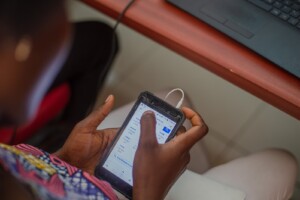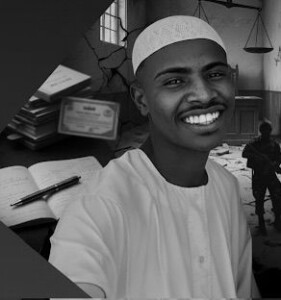Sudan security halts three newspapers again
The three newspapers that were confiscated on Friday were seized from the printing presses again yesterday, in the security service’s fierce campaign against newspapers.
The three newspapers that were confiscated on Friday were seized from the printing presses again yesterday, in the security service’s fierce campaign against newspapers.
On Monday the National Intelligence and Security Service (NISS) confiscated print-runs of El Jareeda, El Tayyar and Akhir Lahza. No reasons were given. The Sudanese Journalists’ Network has announced to go on strike against the repeated confiscations today and called on colleagues to join them.
El Midan, a newspaper maintained by the Sudan Communist Party, announced that it not publish on Tuesday. “In solidarity with the confiscated newspapers and in response to a call by the Sudanese Journalists' Network.”
Meanwhile the Communist Party called on journalists to defend their profession and pride by rejecting any repressive measures that prevent them from writing, restrict production and publication of newspapers and magazines. “Or whatever expresses people's interests, ideas and creativity.”
Faisal El Bagir, the coordinator of Sudanese Journalists for Human Rights, described the confiscations as “state terrorism against the press and journalists”.
“The purpose of this attack is to make Sudan a completely dark state in terms of media, in preparation for the establishment of the militia state,” he told Radio Dabanga.
Yesterday El Tayyar editor-in-chief, Osman Mirghani, considered that the biggest loss is the readers’ lack of access to newspapers during these days of repeated confiscations. The successive confiscations cost each newspaper more than SDG 100,000 ($15,000) a day.
Request to summon
On Sunday MP Mahmoud Abdeljabbar filed a request to summon the director of the NISS to a special committee that would check whether the justifications on which the NISS relies during this confiscation campaign, are compatible with the Constitution and law. A precedent in this case would be the first of its kind in Sudan.
Abdeljabbar asked for clarification on why the security apparatus does not leave the work of organising and controlling the press to the Sudanese Press and Publications Council, prosecution or judiciary authority.











 and then
and then